Table of Contents
Guide

Before & After
Reading Activities | Level: P Word Count: 677 Words 100th word: paper |
Before Reading:
Building Academic Vocabulary and Background Knowledge Before reading a book, it is important to tap into what your child or students already know about the topic. This will help them develop their vocabulary, increase their reading comprehension, and make connections across the curriculum.
Look at the cover of the book. What will this book be about?What do you already know about the topic?Lets study the Table of Contents. What will you learn about in the books chapters?4.What would you like to learn about this topic? Do you think you might learn about it from this book? Why or why not?Use a reading journal to write about your knowledge of this topic. Record what you already know about the topic and what you hope to learn about the topic.Read the book.In your reading journal, record what you learned about the topic and your response to the book.After reading the book complete the activities below.Content Area VocabularyRead the list.
What do these words mean? copyright engage graphic organizers plagiarism proposals reliable revise source specific thesis statement topic After Reading: Comprehension and Extension Activity After reading the book, work on the following questions with your child or students in order to check their level of reading comprehension and content mastery. What is the purpose of a research paper? (Summarize)Why do you want your paper to be engaging for the reader? (Infer)Name some jobs for which research skills are useful. (Text to self connection)How do you avoid plagiarism when writing a research paper? (Summarize)Describe the format of an outline. (Visualize)Extension Activity After reading the book, write a research paper of your own. Choose a topic that is interesting to you.
Table of Contents A Life Skill

Learning to write a successful research paper isnt just something you learn to do for an assignment in school. Table of Contents A Life Skill

Learning to write a successful research paper isnt just something you learn to do for an assignment in school.
Many people use research skills in their jobs and to inform others on how to do their jobs better. to software companies so they can sell their games. Knowing how to write about the information you research is a lifelong skill.  Researching a topic can be a tedious and time consuming job. It takes a lot of patience to obtain the information needed and be able to write about it. Choosing a Topic
Researching a topic can be a tedious and time consuming job. It takes a lot of patience to obtain the information needed and be able to write about it. Choosing a Topic  When writing a research paper, there are certain steps you can take to make sure you have a great paper.
When writing a research paper, there are certain steps you can take to make sure you have a great paper.
If you organize your research and writing, it doesnt have to be a difficult job.  When writing a research paper, the most important step for getting off to a good start is to find the right about the rainforest.
When writing a research paper, the most important step for getting off to a good start is to find the right about the rainforest.  So just how do you narrow in on a topic? One way is to make a list of everything you know about the topic you will be writing about. Once you have a list, it will allow you to get more specific. For example, you could pick an animal from the rainforest to research.
So just how do you narrow in on a topic? One way is to make a list of everything you know about the topic you will be writing about. Once you have a list, it will allow you to get more specific. For example, you could pick an animal from the rainforest to research. 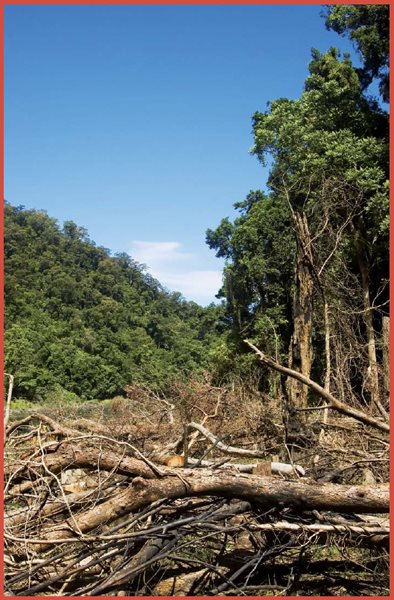 Once you narrow in on a topic, it is easier to obtain the research information needed to write your paper.
Once you narrow in on a topic, it is easier to obtain the research information needed to write your paper.  Once you narrow in on a topic, it is easier to obtain the research information needed to write your paper.
Once you narrow in on a topic, it is easier to obtain the research information needed to write your paper.
Gathering Information  Once you have decided on your topic its time to begin your research. Keep track of all the books, articles, and websites you use in your research. You will need that information later to look back on. for collecting the information you find. You can use these to help you organize your research.
Once you have decided on your topic its time to begin your research. Keep track of all the books, articles, and websites you use in your research. You will need that information later to look back on. for collecting the information you find. You can use these to help you organize your research. 
 #3Websites:www.rourkeeducationalmedia.com When using note cards, number each card and post a research question on the top of the card.
#3Websites:www.rourkeeducationalmedia.com When using note cards, number each card and post a research question on the top of the card. 
 #3Websites:www.rourkeeducationalmedia.com When using note cards, number each card and post a research question on the top of the card.
#3Websites:www.rourkeeducationalmedia.com When using note cards, number each card and post a research question on the top of the card.
For example, if you were researching how logging affects the rainforest environment, you would write your question on top of the card. As you research, write the information or quotations you gather on the card. Write the , or where you found your information, on the bottom of the card.  When researching, it is important to use sources. Some reliable sources are university or museum sites, library books, online encyclopedias, magazines, and national organizations.
When researching, it is important to use sources. Some reliable sources are university or museum sites, library books, online encyclopedias, magazines, and national organizations. 
 laws.
laws.
How does the deforestation of the rainforest affect animals? Seventy percent of the worlds plants and animals live in forests and are losing their habitats to deforestation. Loss of habitat can lead to species extinction. Source www.LiveScience.com Copy the exact wording of information into your notes. When you write your paper, rewrite the information in your own words. 
 Personal sites, such as blogs, or sites that can be changed by visitors, such as Wikipedia, are not always reliable sources. If you find conflicting information on different sites, ask an adult to guide you.
Personal sites, such as blogs, or sites that can be changed by visitors, such as Wikipedia, are not always reliable sources. If you find conflicting information on different sites, ask an adult to guide you.


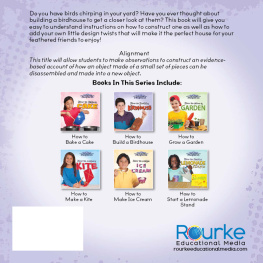
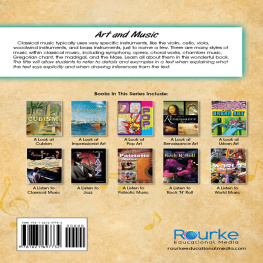
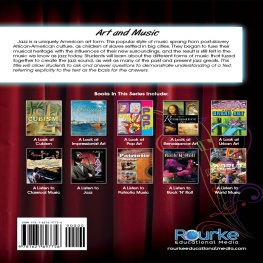
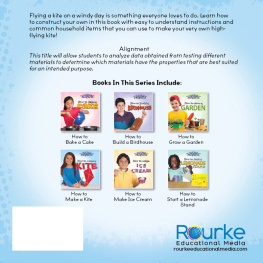
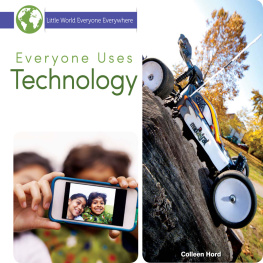
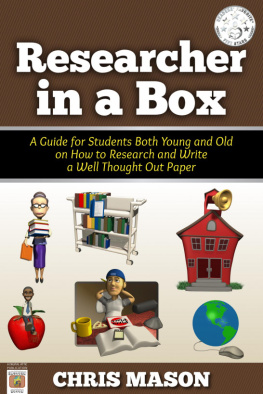

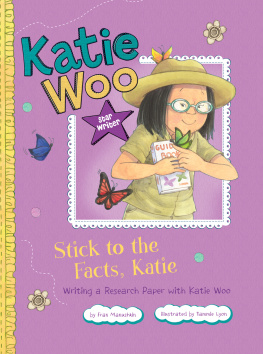
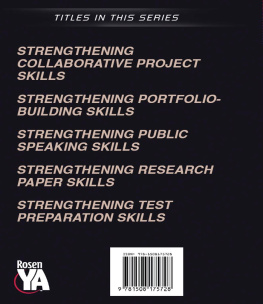
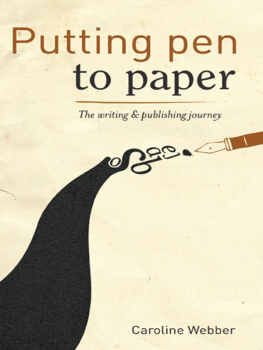
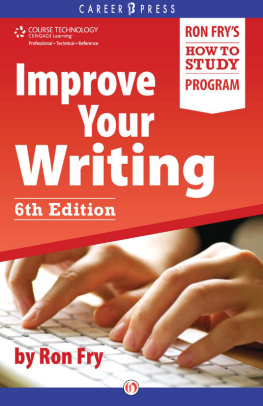

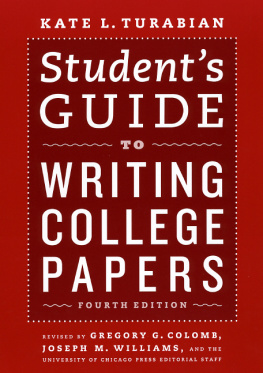
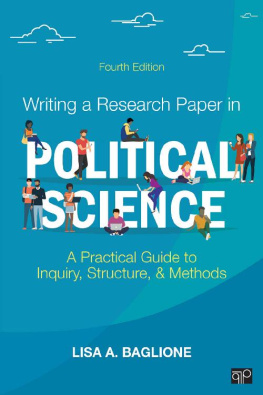

 Learning to write a successful research paper isnt just something you learn to do for an assignment in school. Table of Contents A Life Skill
Learning to write a successful research paper isnt just something you learn to do for an assignment in school. Table of Contents A Life Skill  Researching a topic can be a tedious and time consuming job. It takes a lot of patience to obtain the information needed and be able to write about it. Choosing a Topic
Researching a topic can be a tedious and time consuming job. It takes a lot of patience to obtain the information needed and be able to write about it. Choosing a Topic  When writing a research paper, there are certain steps you can take to make sure you have a great paper.
When writing a research paper, there are certain steps you can take to make sure you have a great paper. When writing a research paper, the most important step for getting off to a good start is to find the right about the rainforest.
When writing a research paper, the most important step for getting off to a good start is to find the right about the rainforest.  So just how do you narrow in on a topic? One way is to make a list of everything you know about the topic you will be writing about. Once you have a list, it will allow you to get more specific. For example, you could pick an animal from the rainforest to research.
So just how do you narrow in on a topic? One way is to make a list of everything you know about the topic you will be writing about. Once you have a list, it will allow you to get more specific. For example, you could pick an animal from the rainforest to research.  Once you narrow in on a topic, it is easier to obtain the research information needed to write your paper.
Once you narrow in on a topic, it is easier to obtain the research information needed to write your paper.  Once you have decided on your topic its time to begin your research. Keep track of all the books, articles, and websites you use in your research. You will need that information later to look back on. for collecting the information you find. You can use these to help you organize your research.
Once you have decided on your topic its time to begin your research. Keep track of all the books, articles, and websites you use in your research. You will need that information later to look back on. for collecting the information you find. You can use these to help you organize your research. 
 #3Websites:www.rourkeeducationalmedia.com When using note cards, number each card and post a research question on the top of the card.
#3Websites:www.rourkeeducationalmedia.com When using note cards, number each card and post a research question on the top of the card. 
